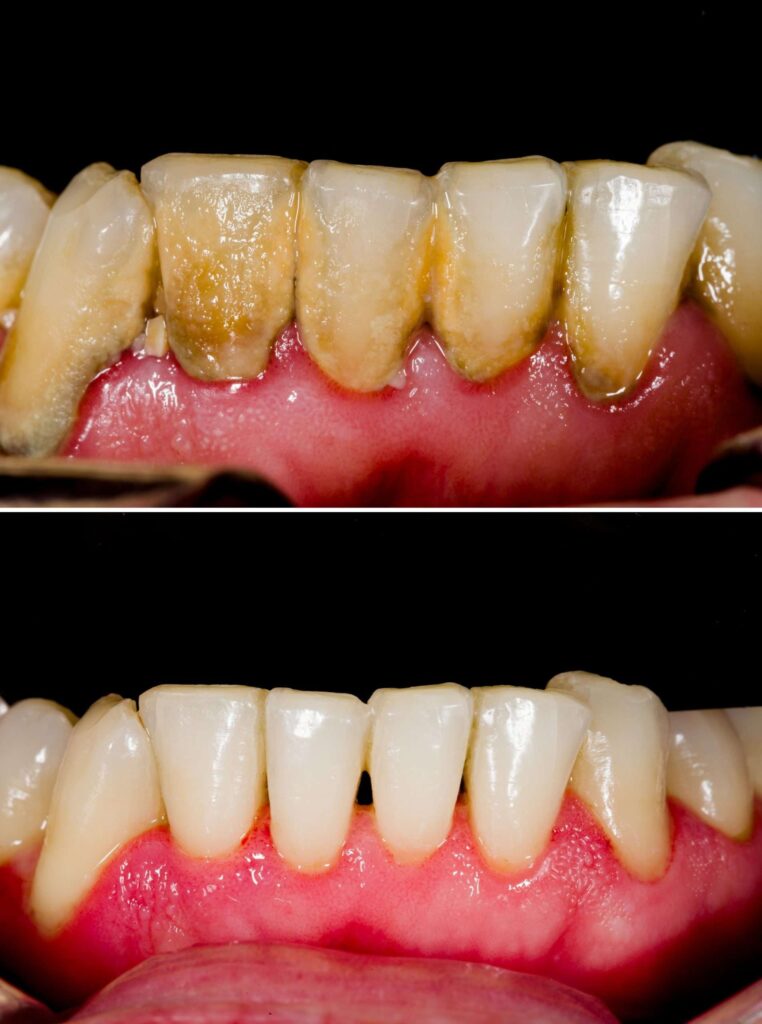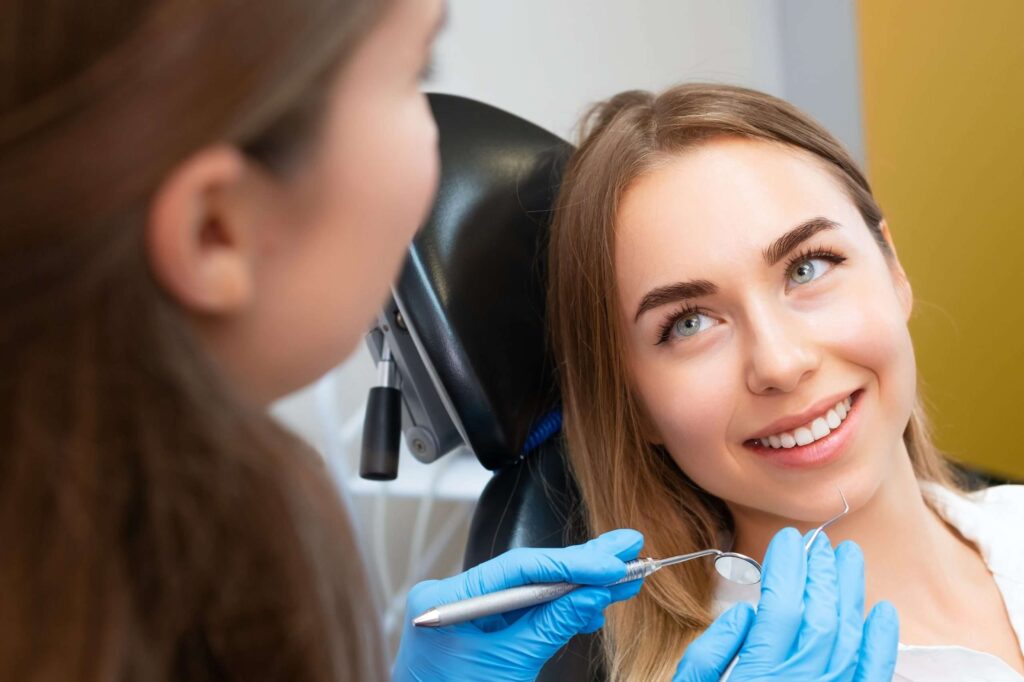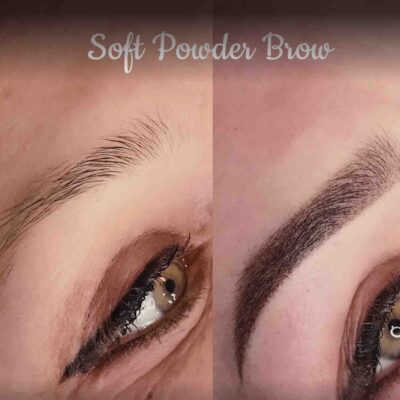Your smile’s brightness and health speak volumes about your overall wellness and self-belief. Many individuals underestimate the value of consistent oral hygiene care, believing that brushing and flossing by themselves are sufficient. However, professional care from a skilled dental hygienist can make a significant difference in preserving the health of your teeth and gums. This blog explores how a dental hygienist contributes to oral wellness, what to expect during a visit, and how you can optimise your daily routine to complement professional cleanings.
Understanding the Role of a Dental Hygienist
Skilled in preventive care, dental hygienists work to maintain oral health. In addition to cleaning teeth, they are vital for maintaining dental health over the long term.
Key responsibilities of a dental hygienist include:
- Spotting early signs of gum disease
- Offering guidance on brushing and flossing techniques
- Creating personalised oral hygiene routines
Unlike a dentist, who primarily diagnoses and treats dental conditions, a hygienist focuses on prevention. Their care reduces the risk of complex dental procedures in the future by maintaining gum health and preventing decay. Their support is essential in helping patients develop habits that support strong, healthy smiles for life.
Key Responsibilities of a Dental Hygienist
Here are some of the main tasks a dental hygienist typically performs:
- Plaque and tartar buildup, which daily brushing can’t fully tackle, are removed during professional cleanings.
- Oral Health Assessments: Identifies potential gum problems or other dental concerns through careful examination.
- Preventive Treatments: Administers fluoride and applies sealants to prevent decay.
- Patient Education: Advises on brushing, flossing techniques, and lifestyle choices that impact oral health.
These procedures collectively protect against gum disease, cavities, and enamel wear, promoting long-term dental health.
Why Regular Hygienist Visits Are Essential
Consistent visits to a dental hygienist offer numerous benefits that extend beyond just a cleaner mouth:
Prevention of Gum Disease: Early detection and treatment of gingivitis prevent progression to periodontitis.
Cleaner Look: Getting rid of surface stains enhances the overall appearance of your teeth.
Better Breath: Tartar and food debris are key contributors to halitosis, which cleanings help eliminate.
Better General Health: Inadequate oral hygiene has been associated with broader health issues like heart disease and diabetes.If you’re looking for a trusted hygienist in Woking regular check-ups can be your best investment in oral and overall health.

When Should You See a dental Hygienist?
Knowing when to schedule an appointment can be just as important as attending one. Here are some signs you shouldn’t ignore:- Gums that bleed when you brush or floss
- Persistent bad breath despite regular brushing
- Tartar buildup along the gum line
- Increased tooth sensitivity
- When more than six months have passed since your last cleaning
Smart Daily Habits to Support Your Smile
Good oral health isn’t just about professional cleanings. Include the following practices in your everyday routine:Daily Brushing: Use fluoride toothpaste to brush your teeth twice daily, ensuring each session lasts a full two minutes.
Use dental floss or interdental brushes to clear plaque and food debris from between your teeth.
Cut down on sugary treats and acidic drinks, as they can erode enamel and cause tooth decay.
Drink Water: Adequate water consumption helps flush the mouth and encourages saliva generation.
Chew Sugar-free Gum: Stimulates saliva and helps clean your mouth between meals.
Avoid Tobacco Products: Smoking is a major factor in gum disease and can lead to noticeable tooth discolouration.
These habits, when combined with professional care, offer optimal protection for your teeth and gums. Summary Table: Daily Habits vs. Hygienist Care
| Aspect | At Home | With a Hygienist |
| Plaque Removal | Brushing and flossing | Scaling with professional tools |
| Stain Reduction | Whitening toothpaste | Polishing and professional clean |
| Cavity Prevention | Fluoride toothpaste | Fluoride treatment |
| Gum Disease Prevention | Daily flossing | Gum assessments and scaling |
| Oral Health Advice | Online/instruction manuals | Personalised recommendations |

Why combine daily care with professional support?
- Hygienists use specialised tools to remove hardened plaque
- Professional advice improves your home care routine
What Happens During a Hygienist Appointment?
A dental hygienist’s appointment typically covers all necessary checks in a gentle manner. Here’s what you can expect:- Plaque and Tartar Removal: Using ultrasonic tools and hand scalers to eliminate buildup.
- Polishing: Buffing the teeth to remove surface stains and smooth the enamel.
- Fluoride Application: Strengthens enamel and reduces the risk of cavities.
- Home Care Guidance: Personalised tips tailored to your needs and habits.
The Link Between Oral Health and Your Diet
What you eat has a direct impact on your oral health, yet it’s often overlooked in dental care routines.Why diet matters for your teeth:
- Sugary foods feed harmful bacteria, leading to cavities
- Acidic drinks (like sodas and citrus juices) weaken enamel
- Crunchy fruits and vegetables naturally clean teeth
- Dairy products strengthen enamel with calcium and phosphates





